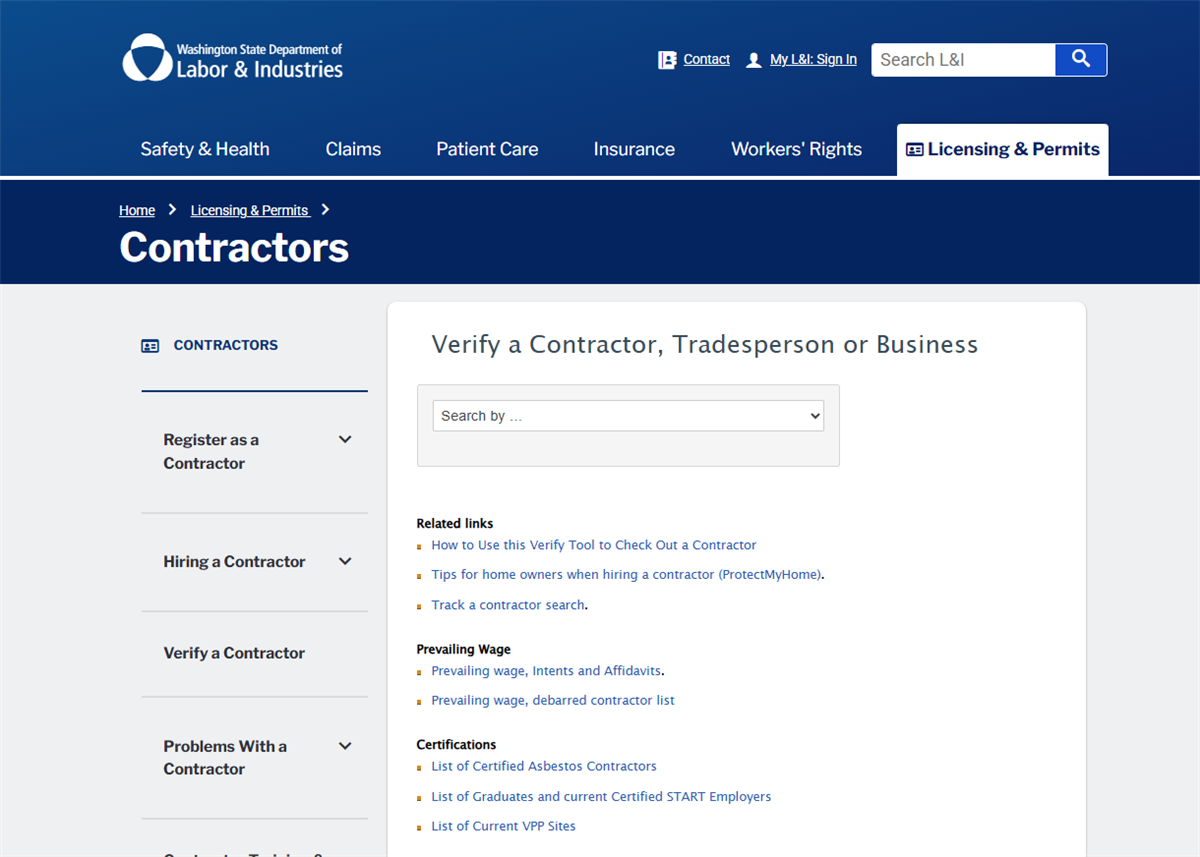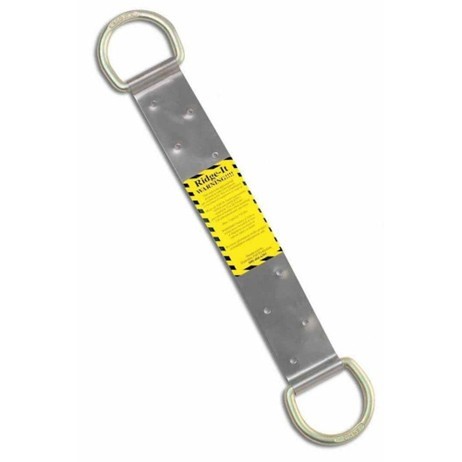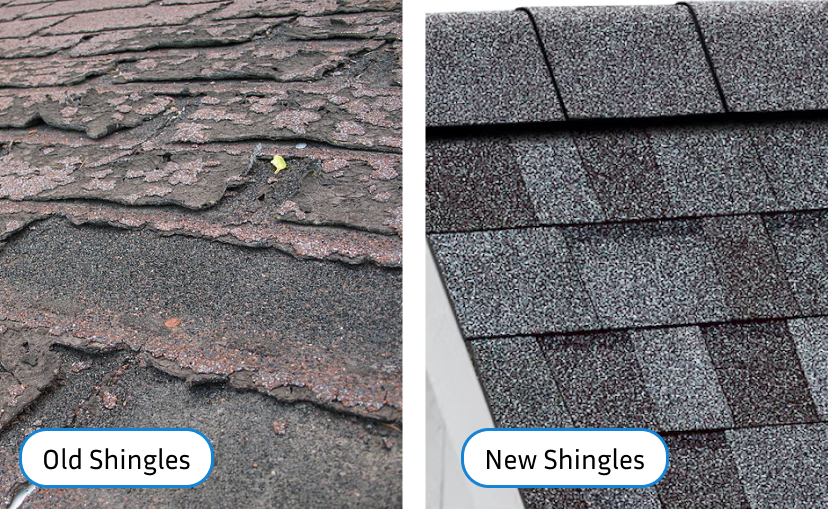Home improvement projects are equal parts excitement and stress. You want to protect and enhance your home, which is your greatest asset, while also protecting your bottom line.
And let’s face it: unless you’re a contractor yourself, you’re in uncharted waters. It’s hard to know just what you need, just what’s possible—and how much it will all cost.
According to Clever Real Estate, 78% of home improvement projects go over budget. If you’re not careful, you can quickly find your project ballooning out of reach.
The key to keeping costs in check starts before the work even begins. If you read your contract closely and watch out for a few key things, you can keep everything in check.
Let’s dive in and learn how.
Home Improvement 101: What is the Point of a Contract?
A contract serves to protect both you, as the homeowner, and the company you’re contracting to complete your home renovation for you. Regardless of the project type, the contract protects everyone involved by laying out contingencies and terms of payment, cost, and more.
As such, contracts should be clear in what they cover with an itemized bill. Not only the service itself, but also the complete breakdown of all services immediately applicable to your home. This could include “install Owens Corning Starter Shingle” but should also include services like “Dumpster or debris removal services”. Receiving multiple estimates will help with this—being able to contrast and compare different contractors will clue you in to charges that are mandatory or superfluous.
You should also see (within the fine print) full protections, which need to include licensing, bonding, insurance, and workers comp. A previous client shared that they needed to pay all the medical bills of a contractor who fell off their roof because the company they hired did not have workers comp. Don’t let that happen to you!
Good Home Improvement Contract Checklist
What a good contract entails seems like a lot, but the whole checklist should only take 2-3 minutes to go over with your bid in hand.
- Business number. All contracting businesses should be certified with a business license, and their number clearly displayed on their contracts. Use the Secretary of State website to find your state and then look up the name of the corporation to check their legitimacy.

- Real address. Make sure they have a real location. A simple search in Google Maps of their location can show their address.
- Costs are clearly itemized. Half a renovation cost is the quality accessories and ensure that not only are they present in the contract, but that they will also be installed as a service.
- Full scope of project. Ensure that the whole project is spelled out clearly for you. Instead of something generic like “roofing service”, make sure it says something more specific like “Install Owens Corning TITANIUM X30 Synthetic Underlayment to the areas being roofed.”
- Clear running total. A running total is what the estimator is quoting you on based on what you said during your consultation. As you learn more through each unique bid, what you wanted with the first contractor could be different from what you wanted from the last.
- Debris removal and hidden damage contingencies. A surprising number of contractors do not include debris removal or hidden damage in their contracts. Ensuring that these are included within your contract is the smart way to go.
- Licensing, bonding, insurance, and workers compensation. You do not want to be footing the bills of a contractor who slipped and fell, so ensure that the contractor you go with is licensed, bonded, insured, and has workers comp. Find this information through your state’s Department of Labor or Secretary of State with the verification tool. This is what the Washington State Department of Labor & Industries Verification page looks like in July 2025. For other areas, try looking up “[STATE NAME] business verification tool”.

Weird Things You Should Look Out for in Your Contract
- Less information and vague language. While it’s true that extra-long contracts filled with legal jargon are confusing, contracts with vague information are an opportunity to sneak unwritten clauses in at the last minute.
- Omitting the cost of accessories. When the costs are not clear, this could indicate that the contractors omitted them. Pacific Exteriors will always follow through with the high-quality recommended accessories, but the same cannot be said of all contractors across the board. Without them, the longevity of your siding and/or roofing could be negatively affected, which results in an increased long-term cost for you.
- Quantity-based contracts. It seems wonderful and specific at first, but it could indicate an error in measuring or a method of shortchanging you. To encompass the whole project and any additions, Pacific Exteriors’ contracts will always say “whole wall” or “whole roof” to avoid this.
- Starting off as a "repair". When it comes to roofing and siding, it is very easy for what seems like a miniscule repair to escalate into replacing the whole roof or whole wall. Water damage can easily escalate from a patch-up job to a whole wall project. This is why it’s important to pick a reliable contractor from the get-go.
- Any incorrect business information. Check their address, business number, and other identifying details to ensure you know who you’re working with.
Insider Knowledge from Pacific Exteriors LLC
Pacific Exteriors has a policy of bid-matching. If you present us with a bid offering the exact same services, we are willing to match the price offered. However, most of the counterbids do not offer the same services, often covering different scopes or not listing the cost for all materials.
Finding the Home Improvement Contractor You Deserve
The key to protecting yourself when it comes time for your home renovation is careful reading and attention to detail.
Utilize the checklist to never miss a detail on a contract again! If anything seems fishy about the company you want to hire, make sure to check their licensing on state government websites.
If you’re located in Seattle, Portland, or Atlanta, give Pacific Exteriors LLC a call for your free estimate and contract advice on your home renovation.
Subscribe to Pacific Exteriors LLC's Blog






Comments